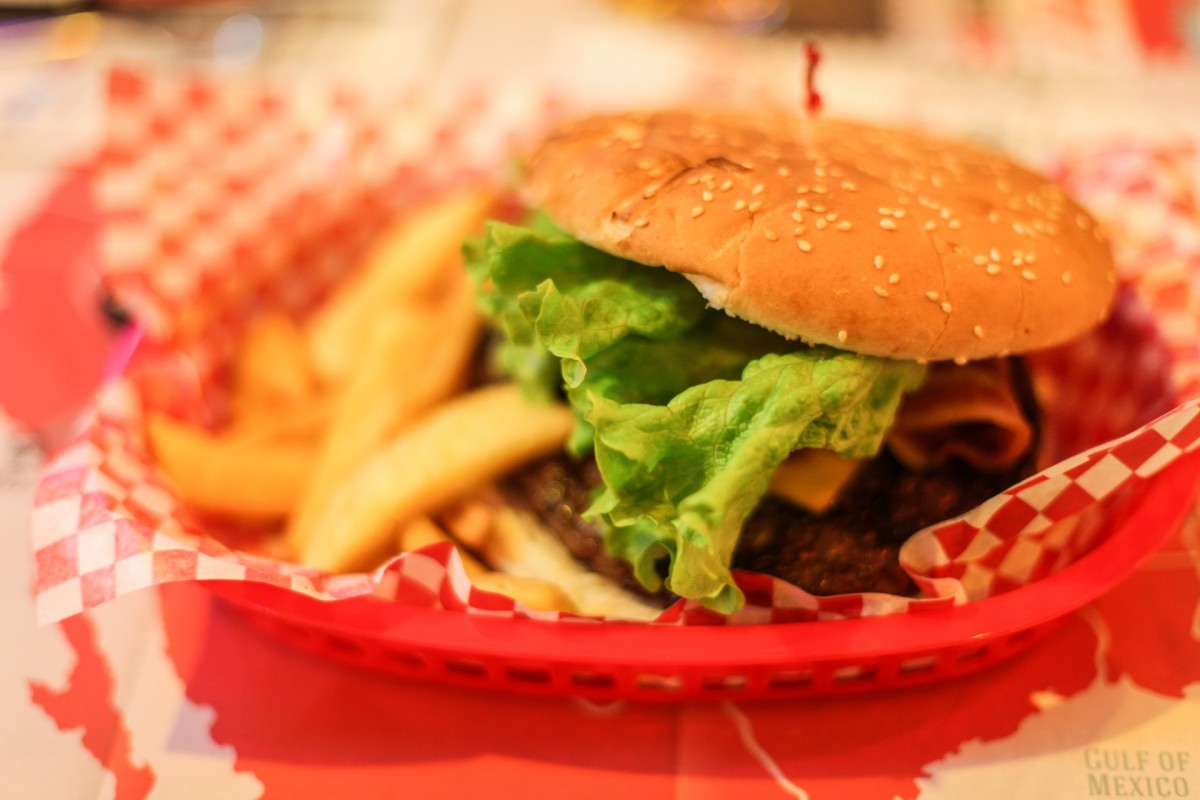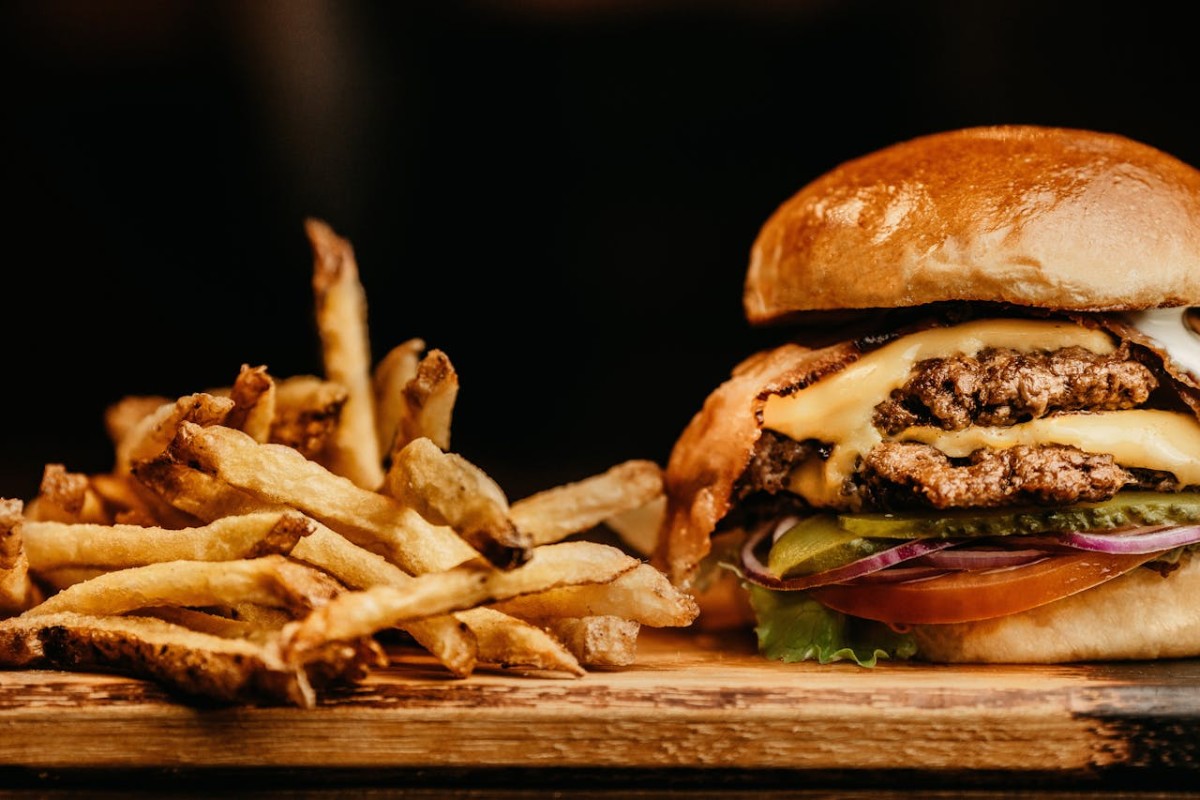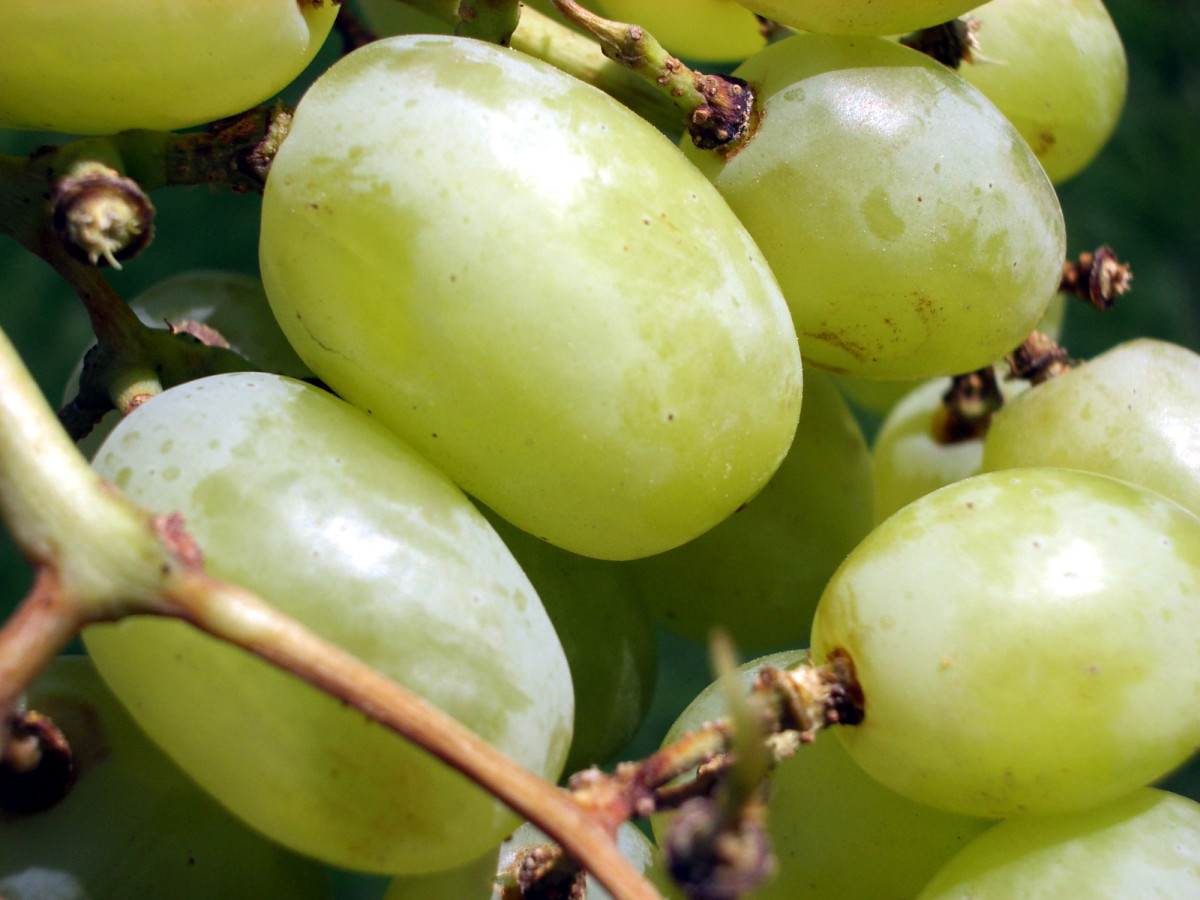Eat right and keep stress at bay. Stress management through food!
What to avoid
- If you're sensitive to caffeine stick to decaffeinated tea and coffee or herbal teas. Keep off the cola drinks and watch out for sports drinks and so-called 'energy' drinks, many of which contain large quantities of caffeine.
- Keep alcohol to a minimum. A glass or two of wine, no more than 500ml of beer or cider, and no spirits at all are best.
- High-protein, low-carbohydrate diets increase mental activity so avoid them if you're stressed.
- There is some good news. You can indulge in small helpings of good quality chocolate, the darker the better. It does contain very small amounts of caffeine, but it's also an excellent source of theobromine, a chemical which stimulates the release of the body's feel-good harmones, endorphines, from the brain.
At moments of comfort and convenience stress is not a problem, but when challenge and controversy stare us in the face, the way in which we react, physically, emotionally and spiritually, is the measure of our success in dealing with stress.
The idea that stress is the exclusive province of the boardroom and the high-powered executive is just not true. No-one is immune from it. Our bodies responses to stressful stimuli have always played a key role in mankind's survival. The 'fight' or 'flight' response which our bodies produce without conscious effort or command and which prepares us for instant reaction at times of danger, lies at the root of our inability to cope with stresses of living in an industrialised western civilization. When we can neither 'fight' or 'flight' then the result is to cope with the challenges of life which leads to epidemic of stress related heart-attacks, hypertension, insomnia, sexual disorders, skin complaints, asthma, migraine, arthritis, menopausal problem, pre-menstrual syndrome.

Top 10 stress-busting foods
What you need is a high-carbohydrate diet. This is rich in tryptophan which the body converts to serotonin., the mood enhancing, tranquilising hormone.
- Breakfast is key and must include porridge, unsweetened muesli or a natural wholegrain breakfast cereal, plus some dried fruits and a little honey if you like. add any fresh fruit or juice and a slice of wholemeal toast and you'll start your day happier and less stressed than you have for ages.
- Your staple foods should be complex carbohydrates such as wholemeal bread, pasta rice, beans and potatoes.
- Aim for modest amounts of protein from fish, cheese, eggs and poultry, and very little red meat.
- Eat serotonin-containing foods- bananas, pineapples, walnuts, figs, tomatoes, avocados, dates, papaya, passion fruit and aubergines.
- Eat a carbohydrate snack every two hours to keep your blood sugar on an even keel.
- Make generous use of the calming, relaxing and mood enhancing herbs like basil, rosemary, lemon balm, thyme, nutmeg, marjoram and lemon verbena. Drink water and herbal teas
stress and nutrition
The way in which stress affects our nutritional status is, in some ways, the most important factor in the whole equation. overproduction of stomach acid, which occurs when we are feeling stressed can lead to inflammation of the stomach lining, ulceration and poor absorption of the nutrients of our food. It also often leads to gastric reflux.
At the other end of the gut, excessive stress can shorten the time it takes for food to pass through the colon, either due to increased motility or inflammatory conditions like colitis. Many nutrients are absorbed in the lower end of the bowel and this is also where B vitamins are synthesised by the gut's natural flora. The end result is a general lowering of our nutritional status and a reduction in our B vitamins, which are among the nutrients responsible for the well-being of the nervous system.
Stress and nutrition are inseparable and stress can trigger a self perpetuating downward spiral-excessive stress-nutrient deficiency-worse nutrition-worse stress. It seems never ending. But you can eat to beat stress and improving your diet should be your first step on the road to recovery. Naturally, you also have to deal with the causes of the stress, too,perhaps making some lifestyle changes, perhaps just learning to say 'no' without feeling guilty and perhaps doing some yoga or learning meditation or other relaxation techniques.








